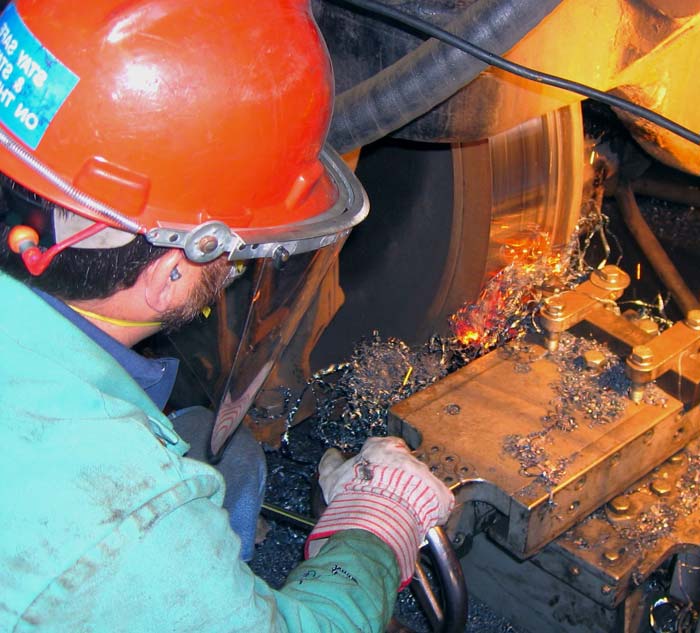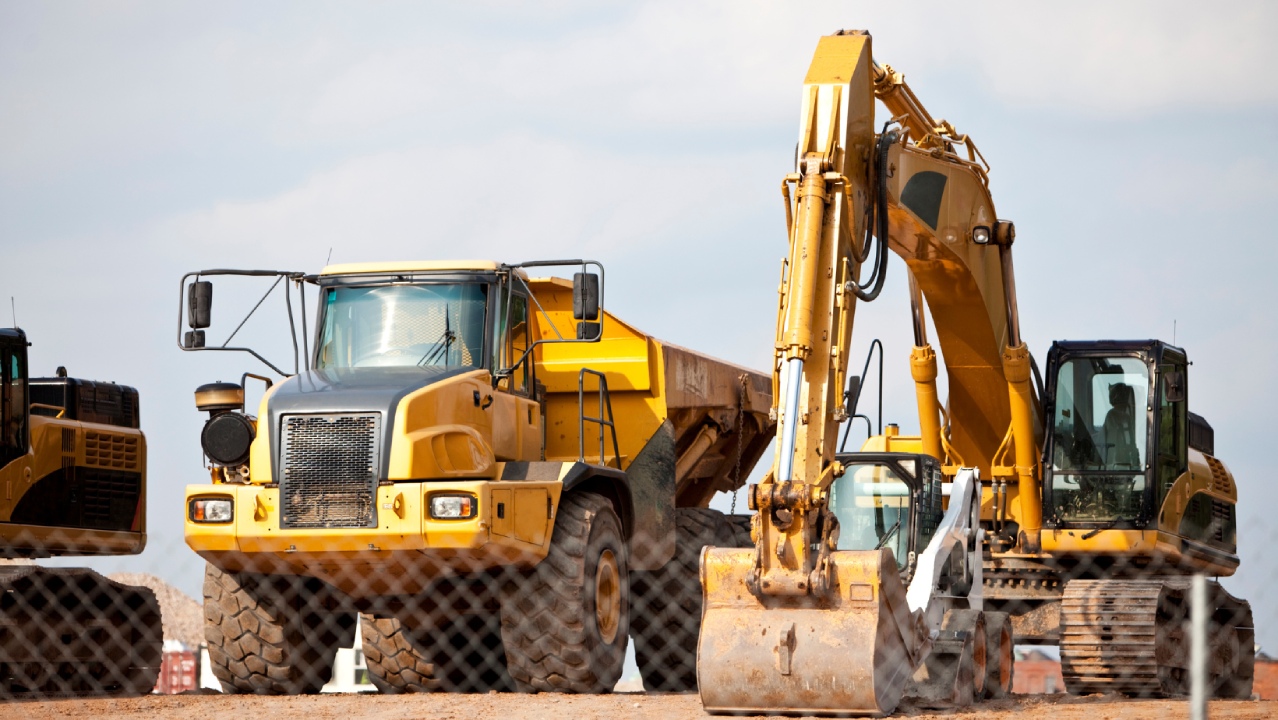Increasing adoption of onboard technology has been a boon and a bane for fleets. The boon is greater transparency between the fleet maintenance manager and driver/vehicle—that provides information on how vehicles are being driven and access to more and better data for maintenance and repair decisions. The bane is that the increased sophistication can make it more difficult, and sometimes more costly, to do in-house maintenance. Add to that the need for special tools, parts and equipment—and specifically trained technicians—for some fleets it is becoming more appealing to stick to basic service (oil/filter changes, etc.) and turn the big jobs over to someone else.
Some of the larger fleets, however, remain committed to in-house service.
In-house decision
We asked Mel Kirk, vice president of maintenance operations for Ryder, what factors figure into Ryder’s decisions regarding doing specific maintenance procedures in-house versus outsourcing.
He says, “Ryder invests heavily in the training and development of its technicians to first deliver the best preventive maintenance [PM] program in the industry. It is our philosophy to fix all issues found during the PM to eliminate on-road breakdowns and the potential development of larger, more significant issues. In each market we serve, we staff a full complement of technicians from the Technician One to Technician Four level, and they service the majority of issues that arise in relation to our maintained fleets. Ryder’s outsourcing is principally a product of available capacity in our facilities at the time of service.”
Kirk says that nearly all repairs (currently more than 90%) are done in-house. Market specific capacity and timing dictate outsourcing from our network. “We build capability for all repairs including rebuilds, lift gates, refrigeration, and other specialties,” he says. “Work pertaining to cab and body, however, is typically outsourced.”
Ryder generally gives local managers the ability to access the market for repairs if they feel they can get better quality, cost and service on a repair than they would if they performed it internally. “We find 90% of the time that it’s better for our customers to manage the service inside a Ryder shop,” Kirk notes. Cost, quality, and the length of the outside repair cycle are the key factors influencing an in-sourcing decision. Local capacity constraints may also dictate pushing some warranty work back into the dealer network.
When to outsource
maintenance-heavy-duty-truck-tire-wheel-assemblyIn other cases, like smaller fleets, outsourcing makes good sense. For one thing, OEM dealerships not only have the properly trained and certified technicians, but also have all the equipment and parts needed to get the job done. In addition, warranty claims may be more easily handled.
With the increased sophistication and functionality of onboard engine and systems monitoring, some OEMs are now offering onboard monitoring maintenance management programs. For example, the Detroit Virtual Technician’s onboard diagnostic system prompts the experts at the Freightliner Customer Service Center (CSC) to analyze performance data from vehicles to determine problems, causes, when it needs to be fixed and where to go for service. This means Freightliner and Detroit service locations have access to vehicle performance that can make servicing easier and faster. Detroit Virtual Technician collects data immediately when the vehicle check engine light comes on, and generates a technical snapshot of the engine’s status before, during and after a fault code event.
Detroit technicians identify the suspect part and nearest authorized locations with the part in stock. If required, the CSC will alert the service center of the inbound truck including the pre-diagnosis. This information is forwarded to fleet managers for their response and records.
Individual choice
Rob Hudnall, national accounts fleet service manager at Peterbilt Motors Co. says, “The decision to outsource maintenance is going to be made on the unique requirements and expectations of each individual fleet. That said, I think there are three common areas each fleet considers: tooling; training; and bay pressure [the availability of service bays and the time a procedure requires].”
As equipment grows more sophisticated, the investment in tooling and training also increases. For more involved service such as engine diagnostics, the tooling and training investment may outweigh what a fleet is willing to invest so they outsource that work to dealerships instead. “It becomes even more difficult to stay current with training and tooling as each manufacturer will have their own proprietary systems,” he says.
Hudnall also notes that each Peterbilt dealer works closely with customers to help them assess and support their parts and service needs. “We’ll work with each customer to help keep as much or as little service work internally as they need to,” he explains. “Our dealer network is always there for customers as a resource, whether they want to keep the work internal or have the dealership do the work.”
While fleet customers must evaluate if the investment in training, tooling and bays are right for them, Hudnall says that Peterbilt always make the investment to ensure it can help all customers maximize uptime and minimize costs. All dealer service technicians are factory trained and certified, and dealers are equipped to support the full array of aftermarket needs—such as a comprehensive parts distribution network, routine maintenance, body work and complex repairs. “Peterbilt and its dealers are always ready to help customers keep trucks working at peak performance and at maximum value,” he says. “It’s pretty common for dealers to work with fleets to facilitate factory training if they want to make the investment. We have customers who go through the same training as dealer service technicians.”







